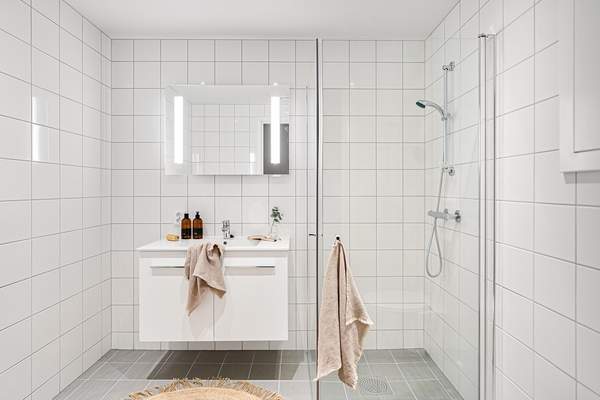As a homeowner, understanding your plumbing system is crucial for maintaining a safe and efficient home. Plumbing issues can lead to costly repairs and even structural damage if not addressed promptly. As a certified home inspector, I bring years of experience in identifying common plumbing problems and helping homeowners maintain their systems efficiently. This guide will equip you with essential knowledge to keep your plumbing in top shape.
Regular Inspection and Maintenance
Routine inspections are vital for detecting early signs of plumbing issues. Here are some key areas to focus on:
- Check for Leaks: Regularly inspect under sinks, around the bases of toilets, and near water heaters for signs of moisture or mold. A small leak can waste up to 3,000 gallons of water per year.
- Monitor Water Pressure: Ideal water pressure ranges between 40 and 60 PSI. High pressure can strain your plumbing system, leading to leaks or burst pipes. Use a pressure gauge to monitor levels and adjust the regulator if necessary.
- Inspect Water Heaters: Flushing the tank annually removes sediment that can build up and cause inefficiency or damage. Ensure the temperature is set to 120°F to prevent scalding and save energy.
Preventative Measures
Taking proactive steps can significantly extend the lifespan of your plumbing system:
- Install Drain Strainers: Prevent clogs by using strainers in sinks and showers to catch hair and debris.
- Avoid Chemical Drain Cleaners: These can corrode pipes over time. Opt for a plumbing snake or natural alternatives like baking soda and vinegar.
- Insulate Pipes: In colder climates, insulating pipes prevents freezing and bursting. Use foam pipe insulation to protect exposed pipes in unheated areas.
Understanding Plumbing Codes
Adhering to local building codes is not only a legal requirement but also ensures the safety and efficiency of your plumbing system. Common standards include:
- Anti-siphon devices or vacuum breakers to prevent backflow.
- Proper venting for all drains to avoid sewer gas buildup.
- Installation of shut-off valves on all fixtures for easy maintenance.
Incorporating these practices into your home maintenance routine will help you avoid common plumbing pitfalls. For a thorough evaluation, consider scheduling a professional home inspection. As experts in home systems, we can identify potential issues and provide peace of mind for your plumbing maintenance needs.


Recent Comments